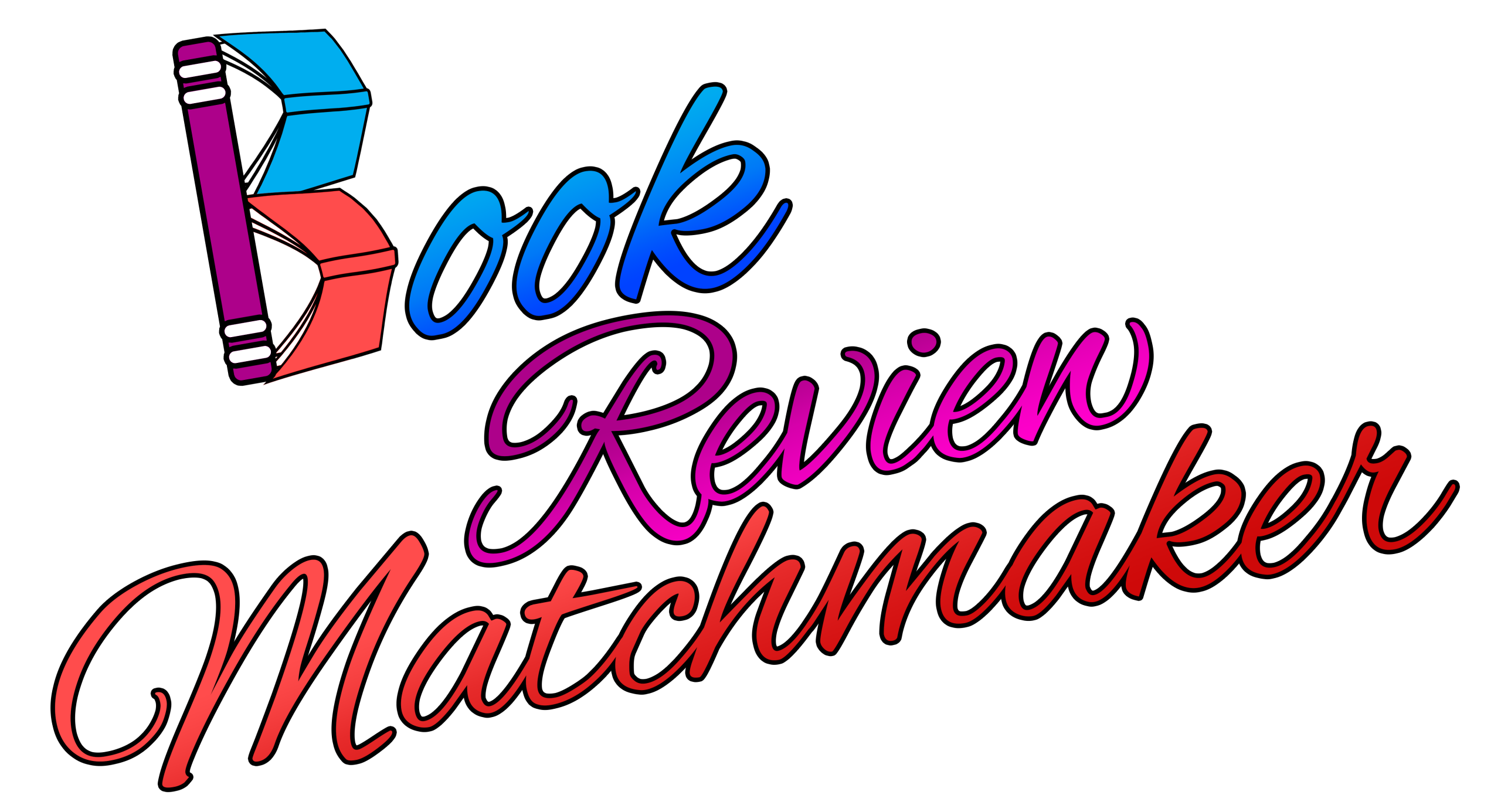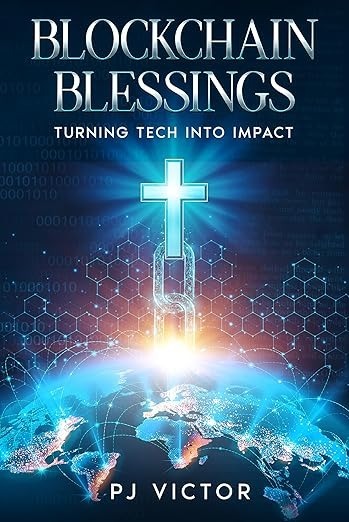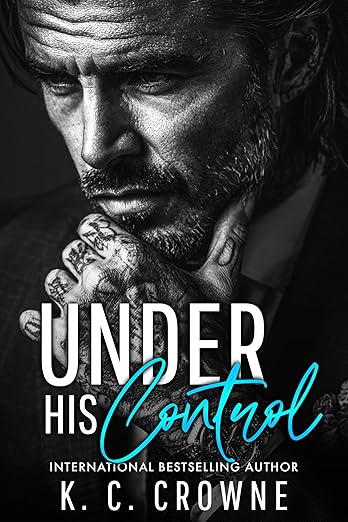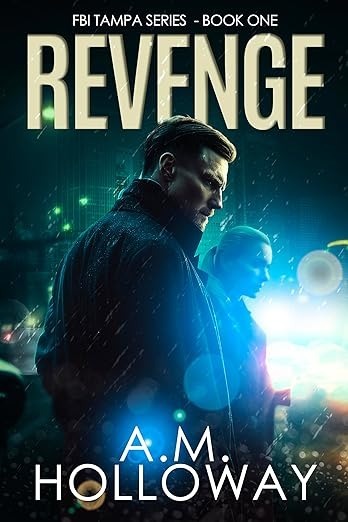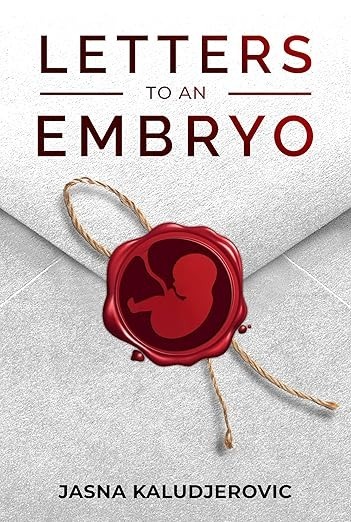 Tell us about yourself.
Tell us about yourself.
Catherine Iheme, MBA, is a seasoned fundraising expert, certified senior product manager, and the visionary Founder of Grovential. With a passion for helping businesses and nonprofit organisations secure funding for meaningful impact, Catherine brings both academic rigour and real-world insight to the complex world of fundraising.
Armed with an MBA in Social Enterprise and Entrepreneurship, Catherine combines analytical thinking with storytelling, ensuring that organisations can attract funders, build lasting relationships, and secure the financial resources they need to thrive. Her expertise spans grant writing, diverse revenue streams, product discovery and creation, marketing, and impact-driven business growth.
Beyond fundraising, Catherine is an advocate for social impact, entrepreneurship, and financial empowerment. She believes that every great idea deserves funding and is passionate about helping mission-driven organisations build sustainable revenue systems that support long-term growth and impact. Her mission is to make funding accessible, strategic, and sustainable for mission-driven leaders.
Catherine's work extends beyond consulting and training. Through Grovential, she provides comprehensive support to organisations seeking to scale their impact through strategic funding approaches. Her approach emphasises building authentic relationships with funders, crafting compelling narratives that blend data with emotion, and developing sustainable funding strategies that support long-term growth.
When she's not helping organisations secure funding, Catherine enjoys strategic games that challenge her analytical thinking, continues her professional development in business strategy, and advocates for initiatives that promote entrepreneurship and community development.
Where did you grow up, and how did this influence your writing?
I had a nomadic childhood because my parents were businesspeople who moved and travelled frequently for their businesses. This meant I didn't grow up in one specific place but rather experienced multiple environments and cultures throughout my formative years.
Moving constantly taught me to quickly assess new environments and understand local dynamics. In writing, this translates to being able to communicate with diverse audiences and adapt my explanations based on different organisational contexts. When I write about fundraising strategies, I instinctively consider how advice might need modification for different sectors, regions, or cultural contexts.
Experiencing different business environments through my parents' work exposed me to various approaches to problem-solving and relationship-building. This background helps me identify universal principles that work across different settings rather than just focusing on solutions that work in one specific context.
When you're constantly meeting new people and entering new situations, you learn to communicate clearly and concisely. Complex explanations don't work when you need to quickly establish credibility and understanding. This childhood necessity became a strength in business writing – the ability to make complex fundraising concepts accessible without oversimplifying them.
Growing up in a mobile business environment exposed me to different approaches to relationships, negotiation, and value creation. This influences how I think about funder relationships – understanding that different funders may have different cultural expectations and communication styles.
Since I couldn't rely on local knowledge or established networks, I learned to identify underlying principles that work regardless of specific circumstances. This approach carries through to my writing – focusing on frameworks and strategic thinking that can be adapted to various organisational situations rather than prescriptive advice that only works in narrow contexts.
The constant adaptation required in childhood developed skills that directly serve business writing – the ability to quickly understand different perspectives and communicate effectively across various contexts.
What was your journey to getting published like?
My publishing journey was more strategic than dramatic. I didn't start with the dream of being an author – I started with a problem I kept observing and a growing conviction that I had useful solutions to share.
The tipping point came after watching too many capable organisations struggle with the same preventable fundraising mistakes. I realised I had frameworks and insights that could genuinely help people, but individual conversations weren't scaling the impact I wanted to create. Writing a book felt like the most efficient way to reach more mission-driven leaders.
I approached writing "The SMART Fundraiser" like a business project. I created detailed outlines, set realistic deadlines, and treated it as seriously as any other professional commitment. The nomadic childhood that taught me adaptability helped here – I wrote in various locations and circumstances rather than waiting for perfect conditions.
I chose self-publishing because it aligned with my timeline and gave me control over the content and distribution. Having observed business operations through my parents' work, I was comfortable with the entrepreneurial aspects of managing the publishing process myself.
The book launch coordinated with expanding Grovential's services and developing the upcoming training programs. Rather than treating the book as an isolated product, I positioned it as part of a comprehensive approach to helping mission-driven organisations.
The feedback has validated the decision – readers are implementing the frameworks immediately and sharing specific results. This confirms that the book serves a real need rather than just adding to the noise in the business book space.
The journey felt natural because it grew directly from my existing work rather than being a separate creative pursuit.
What’s the best piece of feedback you’ve ever received?
Someone told me that "The SMART Fundraiser" was "a gift" to mission-driven organisations. That single word – gift – captured exactly what I hoped to achieve with the book.
The comment came from a nonprofit organisation leader who had been struggling with grant applications for months. After reading the book, she said it felt like receiving exactly the guidance she needed at exactly the right moment. She used the word "gift" because it solved real problems she was facing, not because it was entertaining or inspiring.
That feedback validated my entire approach to writing. Instead of trying to impress readers with complex theories or comprehensive coverage of every possible scenario, I focused on providing practical frameworks that people could implement immediately. The "gift" wasn't eloquent prose – it was useful knowledge that actually worked.
The feedback also reinforced my belief that business books should solve problems rather than just demonstrate expertise. When someone calls your work a gift, they're saying it made their life easier or their work more effective. That's the impact I want every piece of content to have.
It was particularly meaningful because it came from someone in the trenches of nonprofit work rather than a fellow author or business colleague. The people doing the actual fundraising work are the ones who can best judge whether advice is practical or theoretical.
The best feedback always comes from people who can implement what you've written and see real results from it.
What advice would you give to aspiring writers?
Write about problems you're genuinely equipped to solve, not topics you think will make you sound impressive. Test your ideas in conversations before committing them to paper. Start writing before you feel ready – the process itself will clarify your thinking in ways that planning never can.
Focus on being useful rather than eloquent. Readers care whether you can help them, not whether you sound sophisticated.
Most importantly, write because you have something meaningful to contribute, not because you want to be called an author.
What’s a fun fact about you that your readers might not know?
I do my best strategic thinking when I'm moving around rather than sitting at a desk. There's something about physical activity that seems to unlock mental connections I can't access while staring at a computer screen.
Whether it's taking walks, changing locations while working, or engaging in activities that require focus and spatial thinking, I've noticed that my most useful business insights often come when I'm not directly trying to solve problems. The physical engagement seems to free up mental resources for background processing.
My friends have learned that when I suggest stepping away from work for some kind of activity, I'm probably working through a business challenge. It's become an unofficial part of my problem-solving toolkit, right alongside research and conversations with colleagues.
This approach has actually influenced how I structure my writing process – I build in movement and location changes rather than trying to force breakthrough thinking from a single workspace.
What’s your favorite quote about writing?
{"Clear thinking becomes clear writing; one can't exist without the other." – William Zinsser
This quote perfectly captures why I approach writing as a thinking tool rather than just a communication method. When I was working on "The SMART Fundraiser," I discovered that the act of trying to explain fundraising concepts clearly forced me to examine whether I actually understood them well enough myself.
The quote resonates because it acknowledges the bidirectional relationship between thinking and writing. Clear writing doesn't just communicate clear thoughts – the process of writing actually clarifies thinking. When I couldn't explain a concept simply, it usually meant I needed to understand it better myself.
This principle guided every chapter of the book. If a framework felt convoluted when I tried to write about it, that was a signal to refine the underlying logic rather than just improve the prose. The goal wasn't eloquent writing about fundraising – it was clear thinking about fundraising that happened to be expressed through writing.
The quote also explains why revision is so crucial to my process. The first draft reveals where my thinking is muddy. Each revision cycle both improves the writing and sharpens the underlying concepts.
For business writing, especially, this relationship between clear thinking and clear writing is essential. Readers facing real fundraising challenges don't have time to decode complicated explanations. They need frameworks they can understand and implement immediately, which requires the writer to have thought through the concepts thoroughly enough to present them simply.
When you’re not writing, how do you like to spend your time?
My time away from writing tends to blend naturally with my professional interests, though in more relaxed ways.
I consume a lot of content – business books, case studies, industry reports, and even fiction that explores human psychology and decision-making. The line between professional development and personal interest has blurred for me since understanding people and organizations genuinely fascinates me.
I'm drawn to activities that engage strategic thinking – anything that requires planning multiple moves ahead while adapting to changing circumstances. These activities help me maintain the mental flexibility that's essential for both business strategy and writing.
I genuinely enjoy talking with mission-driven leaders about their challenges and approaches. What might look like networking often feels more like informal research and mutual problem-solving. These conversations frequently generate insights that later influence my writing or Grovential's service development.
Having grown up moving frequently, I still enjoy experiencing different environments and cultures. Whether it's trying new restaurants, visiting different neighbourhoods, or travelling when possible, I find that new experiences often spark unexpected connections to business concepts.
I need regular physical activity to think clearly. Walking, changing locations while working, or engaging in activities that require both mental and physical engagement help me process complex problems more effectively.
I spend time mentoring other business owners and nonprofit leaders, particularly those working on social impact initiatives. Teaching and advising others often clarifies my own thinking while helping people navigate challenges similar to those I address in my writing.
The common thread is that most of my preferred activities somehow feed back into a better understanding of human behaviour, organisational dynamics, or strategic thinking – even when that's not the primary intention.
How do you deal with negative reviews?
My approach will be to examine negative feedback for legitimate points about clarity, usefulness, or gaps in the content. If someone says a framework is confusing or doesn't work in their specific context, that's valuable information for improving future editions or developing supplementary resources.
There's a difference between "this advice doesn't work" and "this advice wasn't explained clearly enough for me to implement it." The first might indicate a fundamental problem with the strategy; the second suggests I need to improve communication without necessarily changing the underlying concepts.
Feedback from someone who has actually attempted to implement the frameworks carries more weight than general criticism from someone who disagreed with the approach conceptually. Context matters – what works for established nonprofits might not work for startups, and vice versa.
Negative reviews often reveal assumptions I made about reader knowledge or circumstances. If multiple people struggle with the same concept, it probably needs more explanation or examples in future iterations.
The goal isn't universal approval – it's helping mission-driven organizations succeed with fundraising. If the book genuinely helps some people while not resonating with others, that's a reasonable outcome. Not every approach works for every situation.
The most meaningful feedback comes from people who have tried the strategies and can report on actual outcomes. Negative reviews based on real-world testing are more valuable than positive reviews based purely on initial impressions.
Ultimately, negative reviews are part of putting practical advice out for public scrutiny, which is necessary for continuous improvement.
How do you connect with your readers?
I share practical insights on social media, respond to reader questions about implementing strategies, and develop speaking engagements based on the book's content. My consulting work through Grovential keeps me connected to current challenges readers face.
I create supplementary resources based on feedback and stay active in nonprofit and entrepreneurship communities. The strongest connections come from actually solving problems – when readers implement frameworks and see results, that creates relationships based on genuine value.
The upcoming training program will provide another direct connection point for hands-on learning with other mission-driven leaders.
What’s next for you as a writer?
I'm completing "The Marketing Revival: Fix Marketing Problems, Win Customers/Funders, and Start Scaling Profitably Today" for SMEs and Non-Profit Organisations. This book addresses the marketing challenges that prevent organisations from effectively reaching both customers and funders.
I'm also developing a training program focused on building sustainable revenue systems for mission-driven organisations, which will provide hands-on implementation support beyond what books alone can offer.
Long-term, I'm building a comprehensive series of practical business guides specifically for mission-driven organisations. The goal is to address the unique challenges faced by these organisations that can't simply apply traditional methods without adaptation.
My writing will continue to emerge from real problems I observe through Grovential's work with organisations, ensuring each book/training addresses urgent, practical needs rather than adding theoretical content to an already crowded market.
If you could share one thing with your fans, what would that be?
Your mission deserves proper funding, and fundraising challenges are solvable through strategic thinking rather than luck or charisma.
Too many brilliant organisations give up on world-changing ideas because they think fundraising is about having the right connections or natural sales ability. The truth is that the organisations that succeed aren't necessarily more deserving – they just understand principles that can be learned and applied systematically.
Every framework in "The SMART Fundraiser" came from observing what actually works, not from theory. When you approach funding as relationship-building and value creation rather than desperate asking, everything changes – from how you research funders to how you structure proposals to how confident you feel in meetings.
Don't let funding challenges be the reason your mission fails. The strategies exist, they're learnable, and your cause is worth the effort to master them.
Catherine Iheme’s Author Websites and Profiles
Website
Amazon Profile
Catherine Iheme’s Social Media Links
LinkedIn
All information in this post is presented “as is” supplied by the author. We don’t edit to allow you the reader to hear the author in their own voice.
